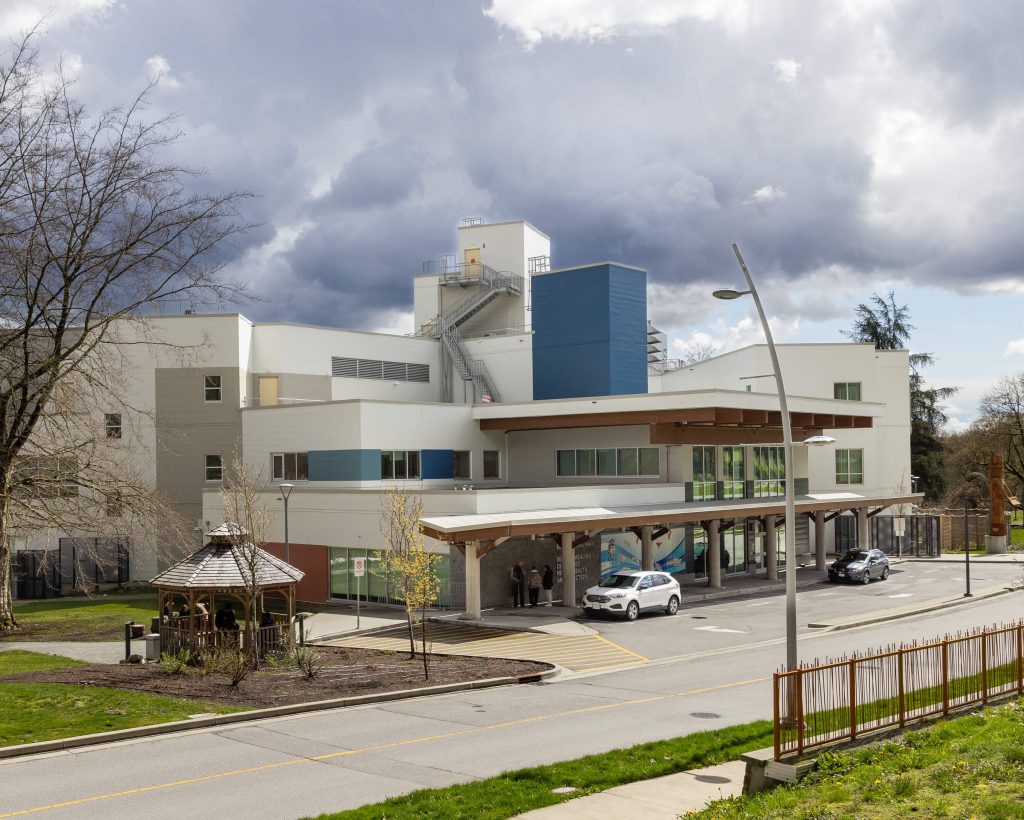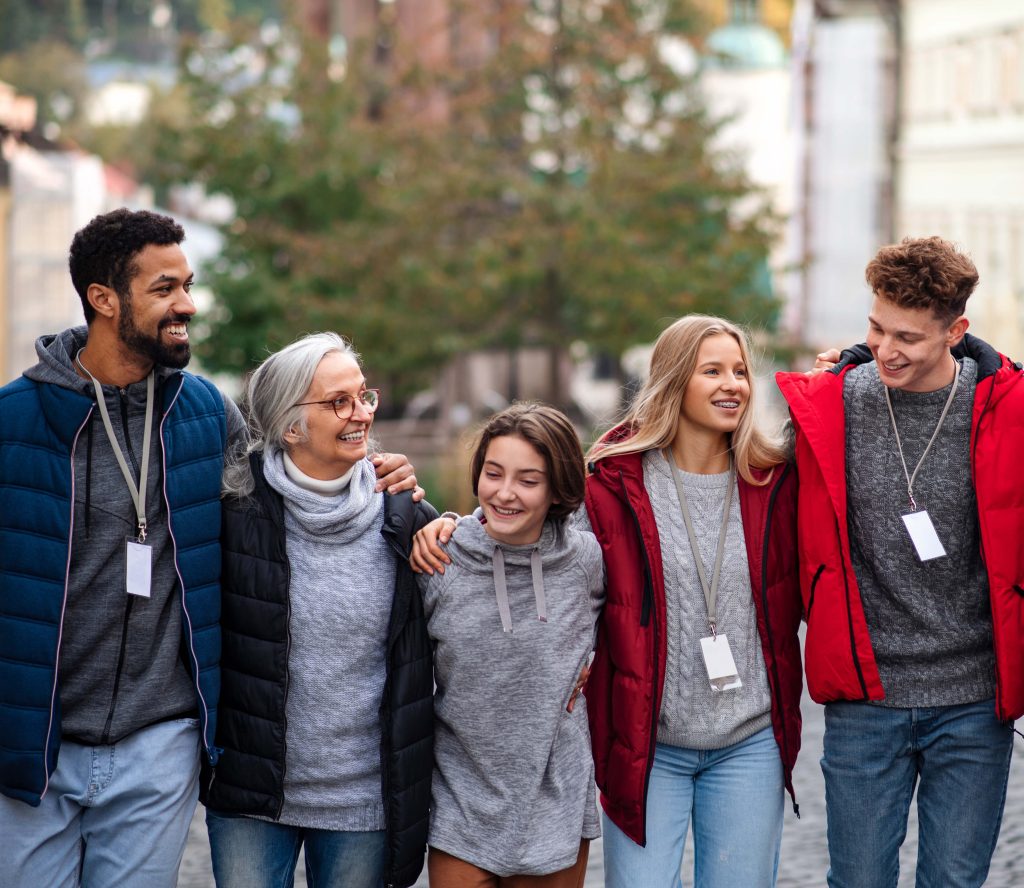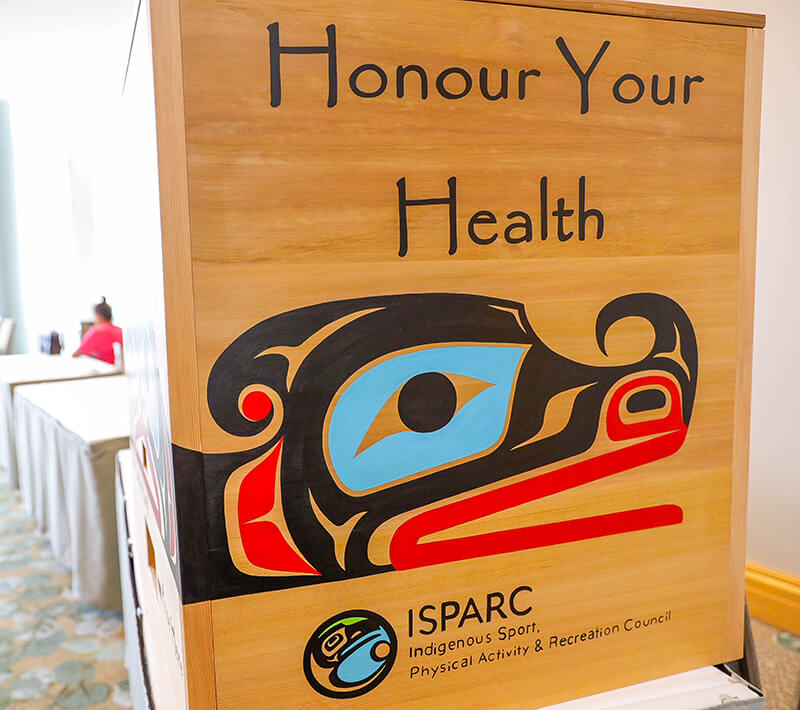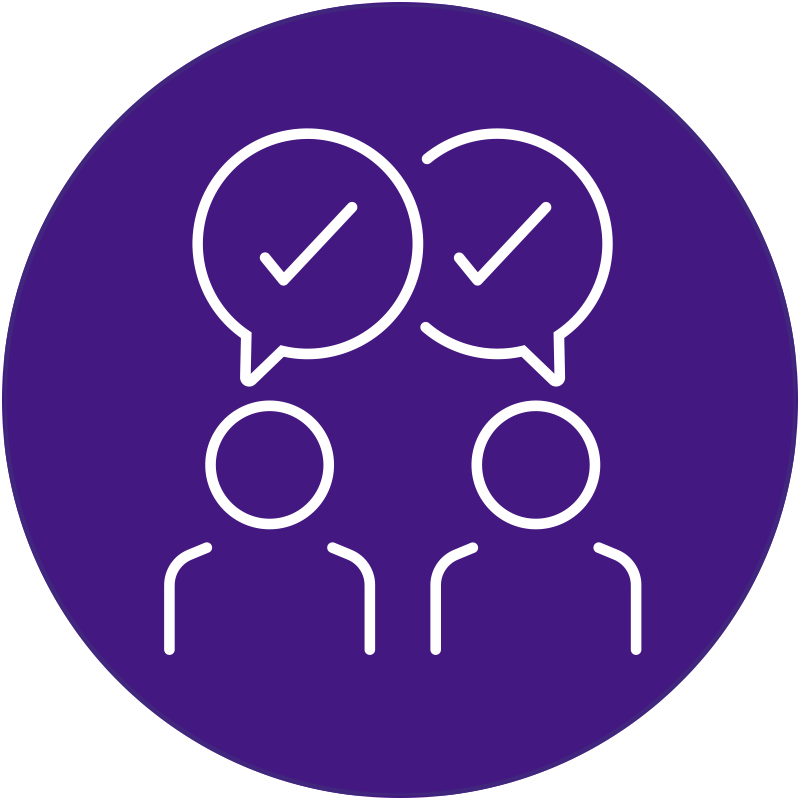Crisis Lines
When people are in crisis because of mental health or addiction challenges, they need to be met with care and compassion.
Crisis lines provide a vital service to residents of British Columbia who need mental health and or substance use support.
The toxic drug crisis and the COVID-19 pandemic have resulted in unprecedented call volumes for B.C.’s crisis lines.
That’s why Government has invested over $10.8 million since 2018 to expand and strengthen crisis lines to ensure people can get the help they need and deserve.
Get help at:
- Suicide crisis helpline 9-8-8 (call or text)
- 1 800 SUICIDE (1-800-784-2433)
- Mental Health Support: 310-6789
- Kids Help Phone at 1-800-668-6868
- The KUU-US Crisis Response Service, which provides culturally safe crisis support to all Indigenous people of BC. That number is 1-800-588-8717
- Alcohol and Drug Information and Referral Service: 1-800-663-1441

Treatment and recovery beds
More people in British Columbia can access substance use treatment and recovery bed bases services with the addition of almost 600 adult and youth substance use beds since 2017 as of February 2024, and many more on the way.
As of February 2024, people can access a total of 3,601 publicly funded adult and youth substance use beds, with services in all health regions across the province.
Budget 2023 invested $586 million across the spectrum of services and supports for people struggling with substance use disorder, and Budget 2024 included further funding to enable people to get the services they need.
To find treatment and recovery options near you, visit: HelpStartsHere.gov.bc.ca/Treatment.

Red Fish Healing Centre
Red Fish Healing Centre is a 105-bed facility, which is designed for people with the most complex and concurrent mental health and addiction challenges. Red Fish treats mental health and addictions together and research shows that this can result in better outcomes for people because each affects the other.
Through Budget 2023, the Red Fish model of care will be expanded so more people will have access to treatment closer to home.

Road to Recovery
There is an urgent need to support people with mental health and addictions challenges in our communities. That’s why Government has created a scalable model of addictions care at St. Paul’s Hospital in Vancouver called Road to Recovery – the first of its kind in Canada – so more people can get the care they need, when they need it. Budget 2024 includes funding in the capital plan to expand the Road to Recovery model.
As part of Road to Recovery, people will be able to move seamlessly through treatment and recovery services such as acute stabilization, withdrawal management, transitional housing, inpatient recovery-focused beds and outpatient treatment – all in close proximity and supported by the same team for continuity of care.
This new model will help reduce wait times, the risk of relapsing and prevent toxic drug poisonings, so people can continue to receive the support they need when they leave a treatment facility.
In total, Road to Recovery will create 95 beds.
Medication-assisted treatment
Opioid agonist treatment (OAT), also referred to as medication-assisted treatment, is an option for people struggling with addictions that helps reduce the risk of death and has been shown to improve retention in treatment, sustained abstinence from illicit opioid use.
Access to medication assisted treatment has been significantly expanded through Rapid Access to Addictions Care Clinics in all health regions, so more people can access the care they need, where and when they need it.
B.C. is the first province that removed cost barriers to OAT medications by making them covered through Plan Z, the Province’s universal coverage plan. With Plan Z, any B.C. resident with Medical Services Plan (MSP) coverage is able to access this live-saving medication free of any charge.
In addition, more options for medication-assisted treatment are available than ever before − including injectable opioid agonist treatment (iOAT) and low-barrier pharmaceutical alternatives like tablet iOAT programs in most health authorities in B.C.
Expanded scope of nursing practice, a Canadian first
To increase the number of clinicians who can prescribe medications for opioid-use disorder − particularly in rural and remote parts of the province − registered nurses (RNs) and registered psychiatric nurses (RPNs) can now complete training to begin prescribing opioid agonist treatment.
In November 2021, the British Columbia Centre on Substance Use launched education and training to enable RN/RPN prescribers to offer methadone and slow-release- oral-morphine (Kadian), in a phased approach, in addition to existing education and training focused on buprenorphine/naloxone.
Nurses prescribing for opioid use disorder is being implemented in collaboration with First Nations communities, and training is also underway.
Assertive Community Treatment Teams
Assertive Community Treatment Teams are made up of a range of professionals working together to fill gaps in the current system and connect people with mental health and addiction challenges to ongoing support and health care services and treatment.
ACT teams deliver services in community settings such as in client homes, work, parks, and recreation locations, and services may include crisis assessment and intervention, housing supports, psychiatric/psychological treatment, medication management, supports for substance use disorder, work-related services and family support.
Youth substance use services
Families in B.C. have struggled to get their children the mental health and substance use care they need when they need it. Government is working hard to change that.
In 2021/22, the Province committed to creating 123 new youth substance use beds: 8 allocated to the Provincial Health Services Authority (PHSA), and the remaining 115 allocated to regional health authorities.
In December 2022, the Province announced 33 new and expanded substance-use programs, supported by approximately 130 new health-care workers (numbers can fluctuate), specifically for young people.
New staff includes therapists, clinicians, social workers, harm-reduction co-ordinators, epidemiologists, nurses and nurse practitioners, outreach workers, counsellors, Indigenous patient navigators and liaisons, and others, so young people can get the help they need and deserve.

Peer Assisted Care Teams
Everyone deserves to feel safe and well in their community. When people are in crisis because of mental health challenges, they must be met with care and compassion.
That’s why Government is investing in services to help people in crisis and free up police resources to focus on crime and law enforcement with the expansion of Peer Assisted Care Teams (PACT).
Peer Assisted Care Teams ensure that people experiencing a mental health or substance use crisis are met by a peer with lived and living experience and a mental health professional, and are connected to the services and supports they need.
There are PACTs operating on the North Shore, Victoria and New Westminster, as well as teams coming to Prince George, Kamloops and the Comox Valley. The Province is in the process of selecting four more communities for a total of 10 PACTs, and work is also underway to develop Indigenous-led crisis response teams.
To learn more about PACT, visit Peer Assisted Care Teams – CMHA British Columbia.
Mobile Integrated Crisis Response Teams
Government is expanding Mobile Integrated Crisis Response Teams, also known as Car programs. These teams pair a police officer with a health-care worker to respond to mental health calls to ensure that people experiencing a mental health or substance use crisis in our communities are met by mental health experts – and not only police – and connected to the services and supports they need on their pathway to wellbeing.
The health care worker provides on-site emotional and mental health assessments, crisis intervention and referrals to appropriate services in the community, while the police officer looks after any safety concerns and makes sure everyone is safe.
MICR Teams are partnerships between municipal police departments or local RCMP detachments and the regional health authorities.
In addition to existing MICR Teams operating in all health authorities across the province, B.C. is bringing new teams to nine more communities, including Abbotsford, Port Coquitlam/Coquitlam, Penticton, Burnaby, Chilliwack, Vernon, Squamish, Prince Rupert, and the West Shore.

Indigenous-led initiatives
Supporting delivery of Indigenous-led services is a key component that enables personal choice, supports autonomy and promotes equitable access for all people who live in British Columbia.
The toxic drug crisis disproportionately impacts Indigenous peoples and communities. This has only worsened over recent years through the COVID-19 pandemic, climate-related emergencies like wildfires and floods, on top of the ongoing impacts of colonialism, racism and coping with the findings of unmarked graves on the grounds of former residential schools.
Indigenous Peoples are in the best position to determine what services are best for their communities.
That’s why Government is working in partnership with the First Nations Health Authority to support a range of Indigenous-led health services in First Nation communities across the province that will save lives and address the root causes contributing to this tragedy.
Budget 2023 includes a new $171 million investment fund for Indigenous-led treatment, recovery and aftercare services, as well as funding to support the completion of eight First Nation Treatment Centres throughout the province.
These investments will expand services and supports for First Nations communities right across B.C.
First Nations Treatment Centres
Ten First Nations treatment and healing centres operate throughout B.C., six are being renovated and two new facilities are being planned − one in the Vancouver Coastal region and the other in the Fraser Salish region.
These facilities are supported by $20 million from the Government of B.C., matched by $20 million from each the Federal Government and the First Nations Health Authority (FNHA), to support the renovation and replacement of eight First Nation-run treatment centres throughout B.C. The Province is providing additional funding of $35 million to First Nations Health Authority to support the completion of these projects.
The Province is also providing $49 million to the FNHA to support the design and expansion of land-based and culturally safe services. As part of this initiative, the FNHA has provided funding to First Nations to increase the number of treatment options available to First Nations clients with a focus on land-based, family-based or group-based treatment services.
For more information, visit fnha.ca.


